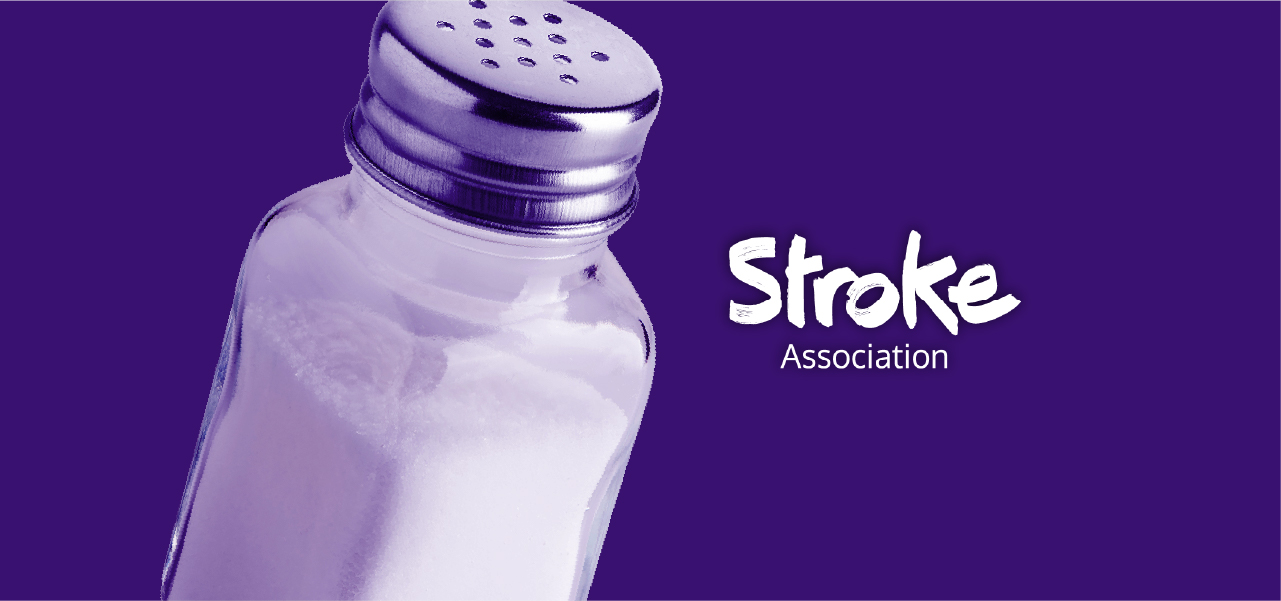15 May 2025

Are you salt aware?
6 tips to cut back on salt in your diet
Many of us know eating too much salt isn’t good for our health but perhaps don’t realise how much salt is already in everyday foods.
Too much salt in your diet can raise your blood pressure, and high blood pressure (hypertension) is the biggest single risk factor for stroke. High blood pressure can increase the risk of both ischaemic stroke (due to a clot in the brain) and haemorrhagic stroke (due to a bleed in the brain).
Adults should have no more than 6g of salt a day, which is about the same as a level teaspoon. With a large amount of hidden salt in processed and ready-made foods, it’s easy to consume too much salt without being aware of it.
However, there are steps you can take to reduce the amount of salt you eat.
Following on from Salt Awareness Week (12-18 May 2025), check out our tips to help you make simple swaps and better choices which can help lower the salt in your diet.
- Always read food labels. If choosing between two similar products while food shopping, take a moment to check the ‘traffic light’ label, and go for the one with the lowest salt content. Red boxes warn you of high levels of salt, while green boxes show a healthier choice.
- Try to steer clear of foods which are typically high in salt, such as supermarket ready-made meals and processed meat, such as bacon and sausages.
- Revisit the foods you eat every day, as many of them can have a high salt content – such as bread, tinned and packet soups, gravy granules, cheese, stock cubes and savoury snacks. Always look to see if there is a lower-salt version available.
- Experiment with alternative ways to season your food and add flavour, such as using herbs, spices or garlic, or try a reduced sodium salt, such as LoSalt, if you find it hard to cut out salt completely.
- Have a go at making your own sauces, pickles or chutneys at home, so you can control what ingredients (and how much) goes into them.
- When choosing tinned fish, always opt for fish that comes in spring water, instead of brine.
For more information on stroke and tips on healthy eating, read the Stroke Association’s ‘Eat a healthy diet’ webpage.
*If you take medication that affects potassium levels, for conditions including diabetes, heart or kidney disorders, speak to your GP first to check if reduced-sodium salt alternatives are suitable for you.
